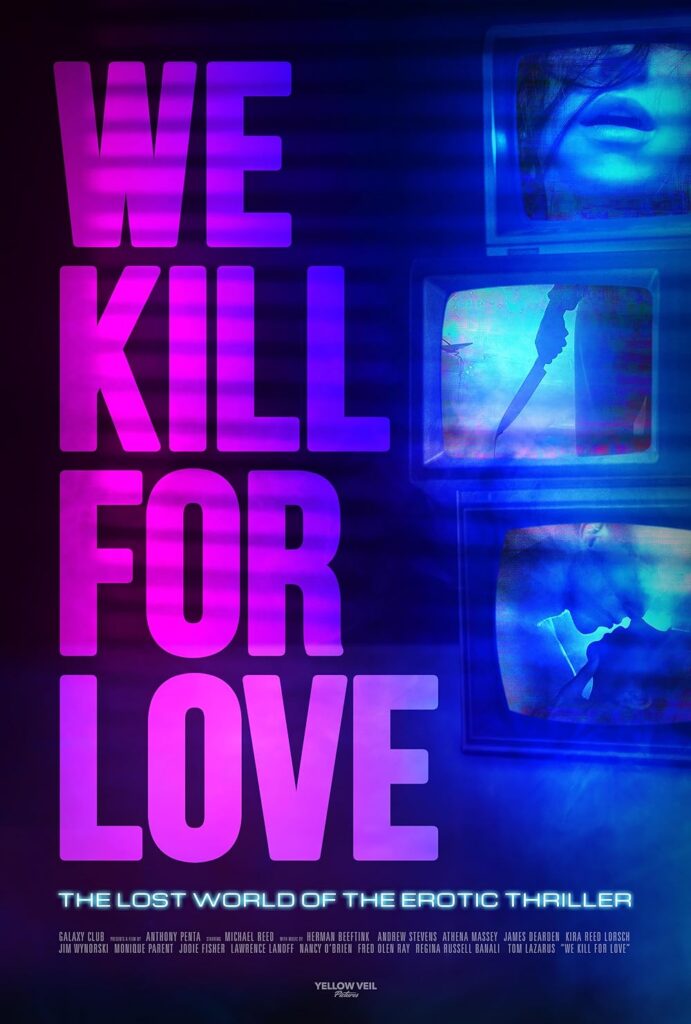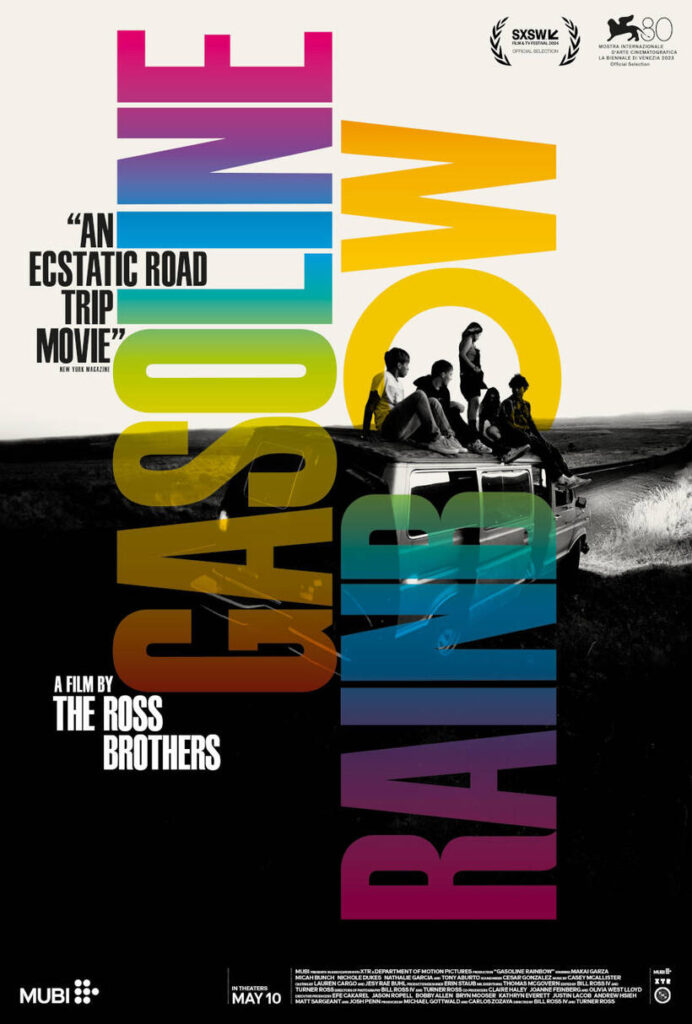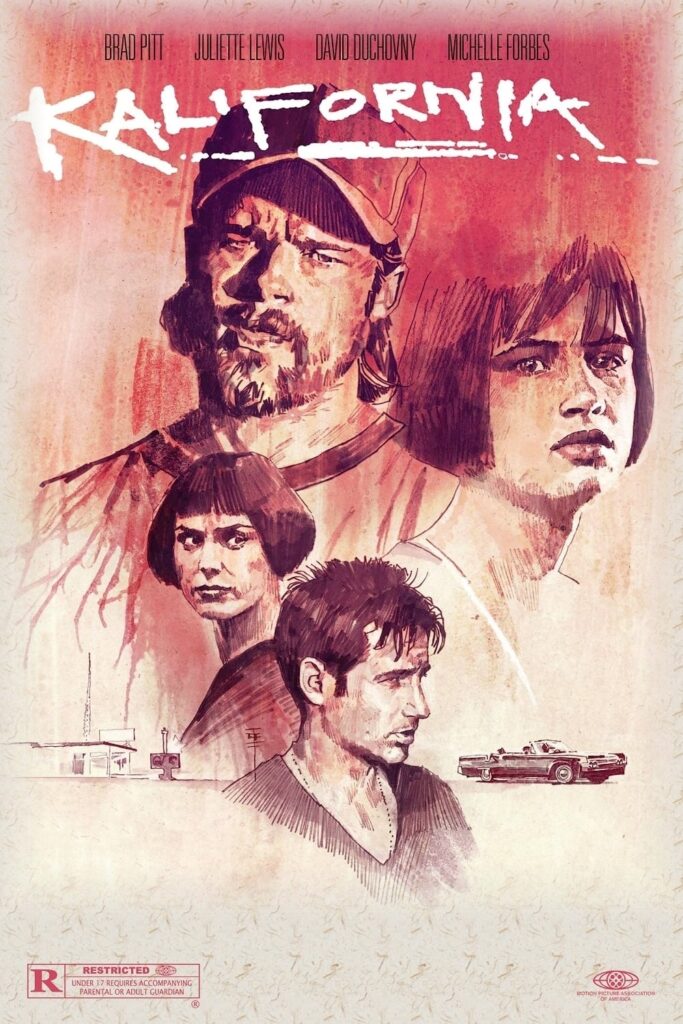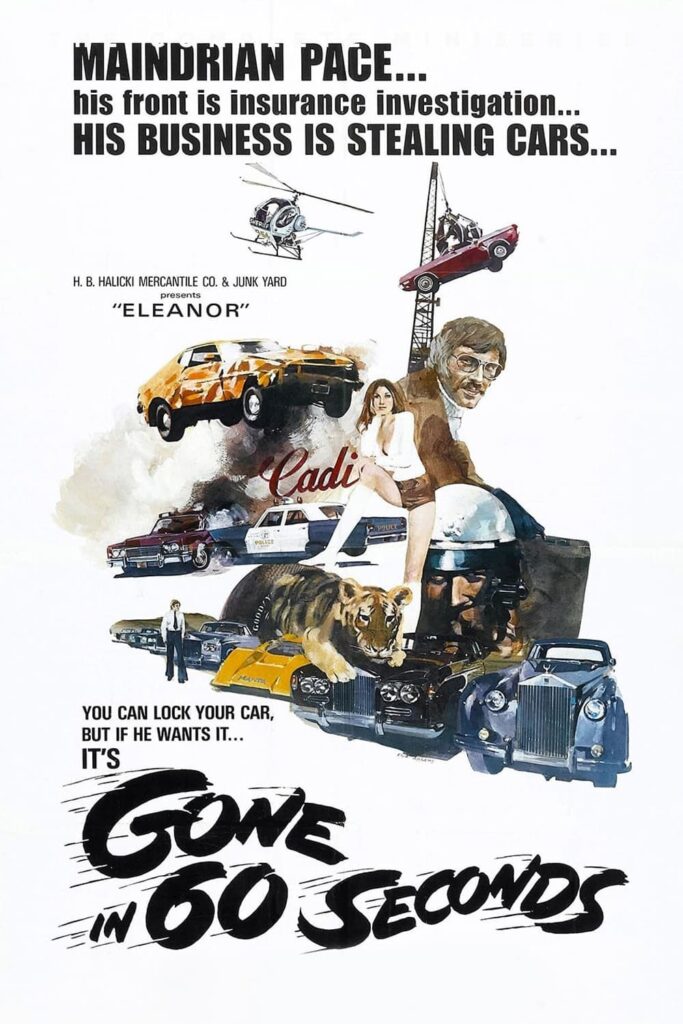
In this edition of “I Wake Up Streaming,” novelist William Boyle rounds up his top streaming picks for the month of July. The column’s name is a play on the 1941 film I Wake Up Screaming, starring Betty Grable, Victor Mature, and Carole Landis. While the film’s title hits a pleasing note of terror and despair, changing that one letter speaks to the joy of discovering new films and rediscovering old favorites, as well as the panic that comes with being overwhelmed by options.
We Kill for Love: The Lost World of the Erotic Thriller (Tubi)

A nearly three-hour documentary (in the vein of Woodlands Dark and Days Bewitched: A History of Folk Horror and Los Angeles Plays Itself) investigating the phenomenon of the erotic thriller. A thorough investigation into the formation of the genre—the mainstream hits that spawned it, the birth of home video, the actors and directors who appeared and reappeared in these films with interchangeable titles often featuring words like fatal, obsession, night, illicit, hot, bedroom, stripped, dangerous, naked, body, and sins. Does examine some hits of the genre but mostly stays focused on a particular direct-to-video strain that thrived in the ’80s and ’90s. The desire for these films, from studios and distributors and audiences, was profound—they often had substantial budgets. But by the mid- to late ’90s, the bottom dropped out—the video rental business started to collapse, and the godforsaken internet came along to ruin all our lives. Budgets went down. Quality deteriorated. Anthony Penta weaves together a collage of images from these films alongside talking head interviews and narrative musings, and it’s always compelling. I cut my teeth renting a lot of erotic thrillers, and I didn’t know a shit ton of the films referenced here—my watchlist grew by dozens (though, frustratingly, many of the films aren’t available anywhere). Interviews with directors, actors, and scholars of the genre are illuminating (including contributions from pal and SwR contributor Travis Woods, who has some of the best lines in the doc). We Kill for Love recently received a good physical release but has just hit Tubi, which—fittingly—is the only streaming service where you can find some of the movies that get mentioned.
Gasoline Rainbow (MUBI)

A movie that feels like being young, that captures the yearning and the desperation and the endless desire to be anywhere other than where you’re stuck. The characters are a bunch of restless teenagers—the elsewhere they seek is the road. They’re hungry to live, hungry for experiences. Traveling from their small town in eastern Oregon to the coast, they encounter various dead ends and detours, but mostly they encounter people willing and able to help them. Gasoline Rainbow is a deeply hopeful movie, somewhere between Reservation Dogs and The Muppet Movie. We’re so conditioned to expect the worst outcomes for the protagonists of stories like this, for villains to cause havoc in their lives, that it feels almost revolutionary that this is ultimately a very simple movie about kindness and friendship. The previous film from the Ross Brothers, Bloody Nose, Empty Pockets (also currently streaming on MUBI), is my favorite movie of the decade so far—this didn’t hit quite as hard for me (I guess I ultimately prefer defeated old alkies hanging out in a shithole dive to ebullient young wanderers), though it has a lot of the same magic. I don’t know how Bill and Turner Ross do what they do so effectively—this mystical combination of reality and fiction and mythology—but it’s a pretty goddamn miraculous thing to witness. Up there with I Saw the TV Glow, Love Lies Bleeding, and Janet Planet as one of my favorites of the year so far.
Kalifornia (Tubi)

My first time rewatching this in thirty years. Gotta say I feared it wouldn’t hold up—I liked it a lot back then—but it’s terrific. Interrogates the very nature of true crime by putting a voyeuristic writer, Brian Kessler (David Duchovny), and his avant-garde photographer girlfriend, Carrie (Michelle Forbes), in a car on a road trip across the US with a deranged psycho killer, Early Grayce (Brad Pitt), and his shell-shocked young wife, Adele (Juliette Lewis). If the premise at first seems a bit of a stretch—Would Brian really invite these strangers along simply to save on gas?—it’s easy to put such questions aside once you gain access to his psyche. Brian’s mission involves visiting famous serial killer murder sites across the country and writing about them while Carrie takes photographs. First off, he would invite Early and Adele—courting danger is the purpose of his project, and he views them as tragic creatures from a different class and a different world, which adds a thrilling and dangerous element to the journey. Carrie, it should be noted, is opposed from the start. The film examines dark tourism before that was a term that got thrown around. What better way to confront the inherent ickiness of such ventures than to force Brian to come face-to-face with the sort of killer he’s been romanticizing in his work? There’s a lot boiling under the surface here. Some truly beautiful shots and four great lead performances. Pitt’s at his unhinged best—this has to be one of his top ten turns—and Duchovny and Lewis do what they do well, but I was really struck this time around by how incredible Michelle Forbes is. It’s easy to say they don’t make movies like this anymore, but it’s true. It feels specific to that golden, early ’90s, neonoir heyday. If someone tried to make this now, it’d almost certainly be bullshit and look like garbage and fall into every trap there is to fall into.
Gone in 60 Seconds (2000 version, Peacock), Gone in 60 Seconds (1974 version, Tubi), and The Junkman (YouTube)

I had somehow never watched the 2000 version of Gone in 60 Seconds before, even though I love Nicolas Cage. Guess it came out at a time (my last year of college) when I would’ve brushed it off or maybe even been flat-out oblivious to it. I’m glad I waited. After Elric Kane recommended H. B. Halicki’s The Junkman on a recent episode of Pure Cinema Podcast, I watched it and loved it. It has a joyful, wild, ramshackle energy and some truly insane stunt and chase sequences. Then I went back and watched Halicki’s original Gone in 60 Seconds, which is raw and messy and wild and features a fucking balls-out, nutso forty-minute chase scene. I knew I had to watch the remake next. Directed by Dominic Sena (Kalifornia was his film debut seven years prior, strangely enough, and this is his follow-up), it feels cut from the same cloth as some of Tony Scott’s prime ’90s stuff. Plot-wise and performance-wise, it’s much better than Halicki’s original, but it lacks the rawness and heart, and the concluding chase doesn’t come close to approaching what Halicki pulled off in the Wild West ’70s. The cast is something else: Cage, Angelina Jolie, Robert Duvall, Delroy Lindo, Timothy Olyphant, Giovanni Ribisi, Chi McBride, Christopher Eccleston, Frances Fisher, and Grace Zabriskie. The first half of the original is sloppy and convoluted and hard to follow—this corrects that with a more straightforward narrative. But, like I said, the second half of the original is one of the all-time great chase scenes, and this feels semi-dull in comparison in terms of chase and stunt stuff. The Cage Gone in 60 Seconds came out the year before the first installment of The Fast and the Furious and feels like a prototype for it (especially the ending). As much as I like that franchise, it would’ve been cool as hell to see this cast sprawl out in some sequels. Cage is wonderful—his Memphis character somehow straddles the line between his tender, sad Ben from Leaving Las Vegas and his wilder characters from Face/Off and Con Air—but Lindo and Duvall steal every scene they’re in and early Jolie is electric. It’s on Peacock, and the original is on Tubi—a great double feature. Hell, after that go right to YouTube and watch The Junkman (uploaded there with its remastered original soundtrack), where Halicki’s character commandeers the goddamn Goodyear Blimp, and there’s one stunt so reckless and dangerous that Halicki almost died doing it. In fact, he did die while filming a stunt for Gone in 60 Seconds 2 in 1989 (you can watch the forty or so minutes that exist of that film on YouTube, as well).
William Boyle is the author of the novels Gravesend, The Lonely Witness, A Friend Is a Gift You Give Yourself, City of Margins, Shoot the Moonlight Out, and Saint of the Narrows Street (coming in February 2025 from Soho Crime). His novella Everything Is Broken was published in Southwest Review Volume 104, numbers 1–4, and he co-edited (with Claudia Piñeiro and Frances Riddle) the noir issue (Volume 108, number 3). His website is williammichaelboyle.com.
Illustration: Jess Rotter
